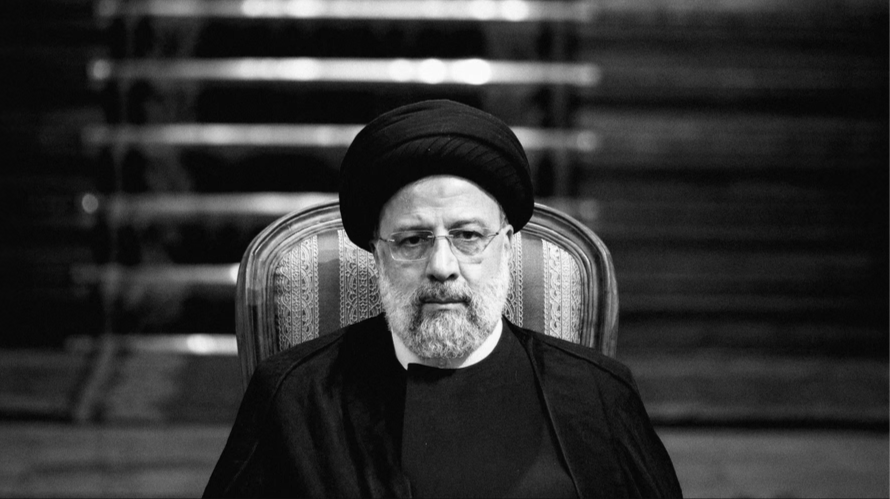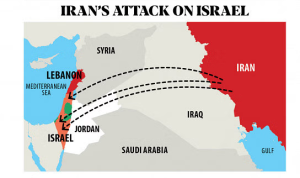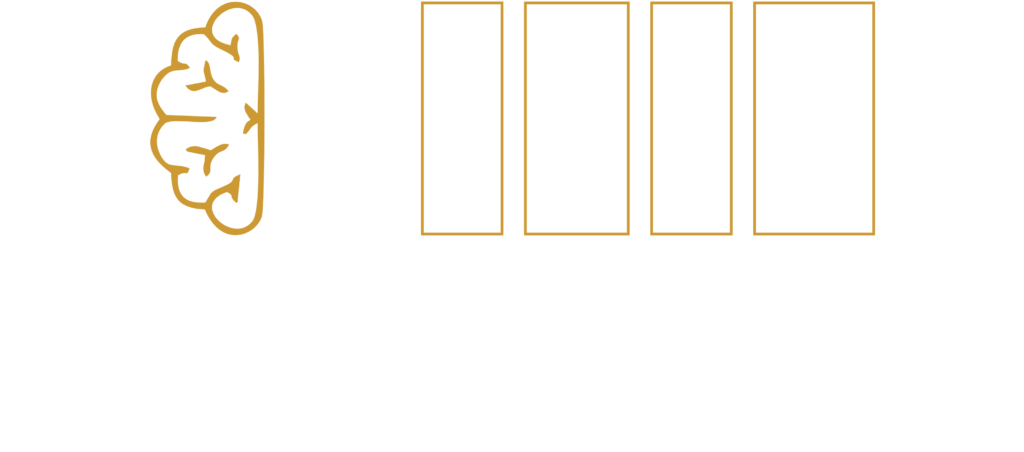Iranian President Ebrahim Raisi embarks on a three-day visit to Pakistan aimed at delving into regional and bilateral relations. This visit follows recent exchanges of attacks between Iran and Israel, raising concerns about the potential expansion of the Gaza conflict into a broader regional crisis.
During his stay, Raisi is stated to engage in discussions with key Pakistani leaders, including Prime Minister Shehbaz Sharif. This rendezvous holds particular significance as both nations endeavor to reconcile their relationship following reciprocal missile strikes witnessed in January.
Local media outlets have reported that in addition to his meetings with political leaders, President Raisi is set to meet with General Asim Munir, the head of Pakistan’s formidable military, which holds considerable sway over the nation’s political and economic landscape in South Asia.
According to a statement from the Iranian presidential office, the visit aligns with Iran’s commitment to its neighborhood policy, aiming to elevate relations with Pakistan. Discussions during the trip will cover a spectrum of issues including economic and commercial matters, energy cooperation, and border concerns. Pakistan’s Ministry of Foreign Affairs, in a statement issued on Sunday, emphasized the need for strengthening bilateral ties.
The agenda of President Raisi’s trip to Pakistan encompasses several key objectives aimed at strengthening the relationship between the two countries. These objectives include:
Economic Cooperation: Both Iran and Pakistan aim to explore avenues for enhancing economic ties, promoting trade, and fostering investment opportunities between the two nations.
Border Issues: Addressing border concerns and ensuring stability along the shared border is a priority, with discussions likely focusing on security measures and cooperation to manage border challenges effectively.
Energy Collaboration: Exploring opportunities for cooperation in the energy sector, including the potential for joint ventures, energy infrastructure development, and energy trade agreements to meet the growing energy needs of both countries.
Diplomatic Engagement: Enhancing diplomatic ties and fostering mutual understanding through high-level meetings and exchanges between officials from Iran and Pakistan.
Regional Stability: Discussions may also center around regional security dynamics and collaboration on issues of mutual interest to promote peace and stability in the region.
Overall, the agenda of the trip underscores the commitment of both Iran and Pakistan to deepen their bilateral relations and explore avenues for collaboration across various sectors for the benefit of both nations.
How are Iran-Pakistan relations currently faring?
Iran and Pakistan have a historically strained relationship, characterized by mutual accusations of failing to control armed groups. Border tensions reached a peak in January when Iran conducted air strikes across the border into Pakistan, resulting in the tragic deaths of two children. Iranian state media claimed the strikes targeted two bases of the armed group Jaish al-Adl. In response, Pakistan fired a missile into Iranian territory and recalled its ambassador from Tehran. However, the two neighboring nations opted to de-escalate tensions, with Tehran swiftly dispatching its top diplomat to Islamabad to mend relations. Both countries agreed to jointly address the “menace of terrorism,” particularly in the border region. Prior to President Raisi’s visit, Tehran and Islamabad engaged in discussions regarding the joint combat against terrorism.
What highlights the significance of the Pakistan-Iran relationship?
Despite the ongoing border tensions, foreign policy analysts in Pakistan have advocated for renewed engagement with Iran. A senior diplomat, emphasized the critical nature of maintaining a stable relationship with Iran, particularly given Pakistan’s challenging borders with India and Afghanistan. Their remarks underscore the enduring significance of fostering normalcy in relations with Iran for Pakistan’s strategic interests.
In recent efforts to strengthen ties, Islamabad and Tehran have been actively pursuing avenues to enhance bilateral trade, with current figures surpassing $2 billion. These diplomatic endeavors signal a shared commitment to deepening economic cooperation despite geopolitical challenges.
Furthermore, informal trade between the two nations continues to thrive, encompassing key commodities such as liquefied petroleum gas (LPG) and crude oil. Additionally, Iran’s provision of electricity to Balochistan province and other border regions in Pakistan highlights the multifaceted nature of their bilateral relationship, extending beyond trade to encompass crucial infrastructure support. These collaborative efforts reflect a mutual recognition of the benefits derived from sustained engagement and cooperation between Iran and Pakistan.
What has been Pakistan’s reaction to tensions between Iran and Israel?
Following Iran’s strikes on Israel on April 14, Pakistan’s Foreign Ministry swiftly issued a statement urging de-escalation and emphasizing the importance of diplomatic resolution. Describing the events as a consequence of diplomatic breakdown, the statement pointed out the grave implications of the UN Security Council’s inability to uphold its responsibilities in maintaining international peace and security. Pakistan emphasized the urgent need for international efforts to prevent further hostilities in the region and called for a ceasefire in Gaza. With a firm stance on stabilizing the situation and restoring peace, Pakistan urged all parties involved to exercise utmost restraint. Notably, Pakistan’s stance on Israel remains unchanged; the country does not recognize Israel and lacks direct communication channels with it. Amid growing speculation regarding pressure from Gulf Cooperation Council (GCC) countries to alter Pakistan’s Palestine policy, analysts suggest that no such change is imminent. This reaffirms Pakistan’s longstanding commitment to its stance on the Palestine-Israel conflict, rooted in principles of solidarity with the Palestinian cause. As tensions persist in the region, Pakistan remains steadfast in advocating for peaceful resolutions and maintaining its diplomatic stance in alignment with its historical position on the Israel-Palestine issue.





